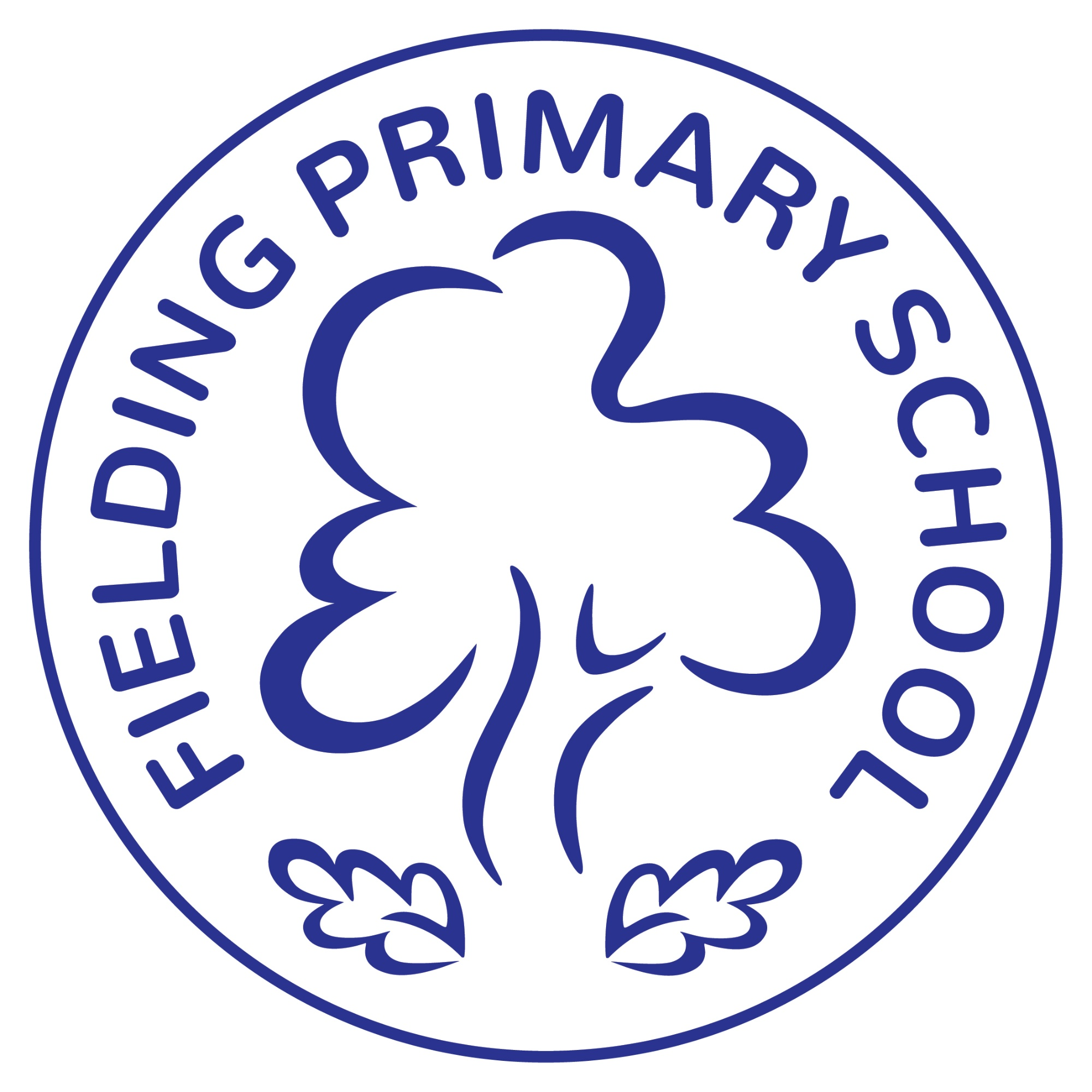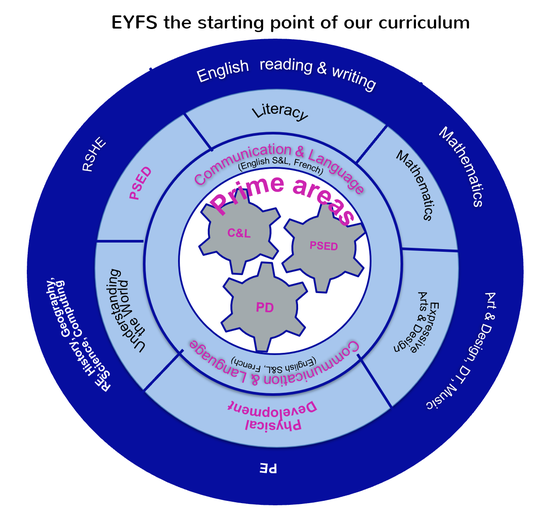What we learn and how we learn it
Aims
We aim for our pupils to make progress by moving through a carefully sequenced body of skills and essential knowledge that build on what has been taught before.
Our curriculum is designed so that pupils develop their knowledge and skills in each of the Early Years Foundation Stage and National Curriculum subjects and is underpinned by our four core values: respect, resilience, empathy and reflection.
How We Teach
At Fielding, our teaching is guided by our Teaching and Learning Frameworks, which are rooted in Rosenshine’s Principles of Instruction. These evidence-based principles help ensure that every lesson is clear, purposeful, and effective for all learners.
Key features of our approach include:
- Daily review of prior learning to strengthen memory
- Small-step instruction with clear modelling and guided practice
- Questioning and checking for understanding throughout lessons
- Scaffolded support that gradually leads to independent learning
- Opportunities for all pupils to succeed, with challenge and support built in
This consistent approach across the school helps pupils build secure knowledge, develop confidence, and make strong progress in every subject.
Early Years Foundation Stage (EYFS)
Children in our Nursery and Reception classes are part of the Early Years Foundation Stage (EYFS). This important stage helps prepare children for school and lifelong learning.
We follow the statutory EYFS framework, which supports children’s healthy development and helps them build the skills they need to thrive.
What Children Learn
Learning is based on seven areas of development, grouped into Prime and Specific areas:
Prime Areas (developed first):
- Communication and Language
- Physical Development
- Personal, Social and Emotional Development
These are the foundations for all future learning and are woven throughout our Early Years curriculum.
Specific Areas (built on the prime areas):
- Literacy
- Mathematics
- Understanding the World
- Expressive Arts and Design
We plan activities around all seven areas, tailored to each child’s needs and interests. The curriculum is flexible, engaging, and designed to help every child grow in confidence, curiosity, and capability.
Curriculum: Years 1–6
Our curriculum for Years 1 to 6 is broad, balanced, and designed to support both academic achievement and personal development.
Core Subjects
- English, Mathematics, and Science are taught as discrete subjects to build strong foundational knowledge.
Wellbeing and Personal Growth
- We focus on emotional wellbeing through:
- Values-based education
- Personal, Social, and Health Education (PSHE)
- MindUP mindfulness curriculum
- Religious Education (RE)
Specialist Teaching
- Pupils benefit from specialist teachers in:
Fielding Learning Challenge Curriculum (FLCC)
- FLCC integrates:
- History
- Geography
- Art
- Design & Technology
- Each “challenge” helps pupils apply and deepen their essential knowledge across subjects and key stages. Take a look at our knowledge organisers to find out more.
Enrichment Opportunities
- We offer a wide range of experiences including:
- Gardening and cooking
- Residential trips
- Termly extra-curricular clubs and activities
Pupils' learning is centred on our locality and, wherever possible, through first-hand experience.
The key aims of our curriculum are for pupils to:
- learn to read and write, as well as becoming mathematicians, preparing them for the next stage of their education and allowing them to be confident individuals;
- learn how to understand themselves and manage their emotions, understanding others better;
- understand and explain the world around them now and from the past;
- be active, compete in competitions and work with others in a team, learning how to be a humble winner and resilient loser;
- be creative, practice, rehearse and perform with others;
- understand other cultures, beliefs and languages;
- learn about sustainable living, understanding global environmental issues.
Pupils will have the opportunity to do this through:
- accessing high-quality English and mathematics lessons and reading a rich selection of books;
- RHSE, RE, Values-based education, MindUp and play;
- science, humanities, learning and interacting with members of their community;
- sports tournaments and other competitions across the curriculum;
- music, art and other opportunities to perform;
- French and RE lessons, humanities, cooking, Forest School, gardening and RHSE lessons;
Each year group has a yearly overview which maps out what will be taught when. The must-know knowledge and skills for each 'learning challenge' is carefully mapped out on our knowledge organisers.
How do we check pupils' knowledge & understanding?
Find out more here: Assessment at Fielding
Fielding Learning Challenge Curriculum (FLCC)
Our FLCC brings subjects like history, geography, art, design & technology, and RE to life through engaging, themed challenges.
Each year group has a carefully planned overview showing when each subject is taught across the year. These are based on the essential knowledge and skills pupils need to learn.
Knowledge Organisers
Every challenge begins with a Knowledge Organiser—a simple guide that outlines:
- Key knowledge and facts
- Important vocabulary
- Skills pupils will develop
These organisers help children understand what they’re learning and support parents in following along at home.
Curriculum Leaders
For more information about our curriculum, please arrange to speak to your child's class teacher or one of the following leaders:
- Mr Lewis, Mrs Tate, Mr Webb, Mr Thomas - curriculum oversight, non-core subjects.
- Mr Monks, Maths
- Mrs Robinson, English
- Mr Kausar, Science
- Mr Webb, Personal development

